To decant, or not to decant? What is a decanter anyway?
- Darbi Invergo
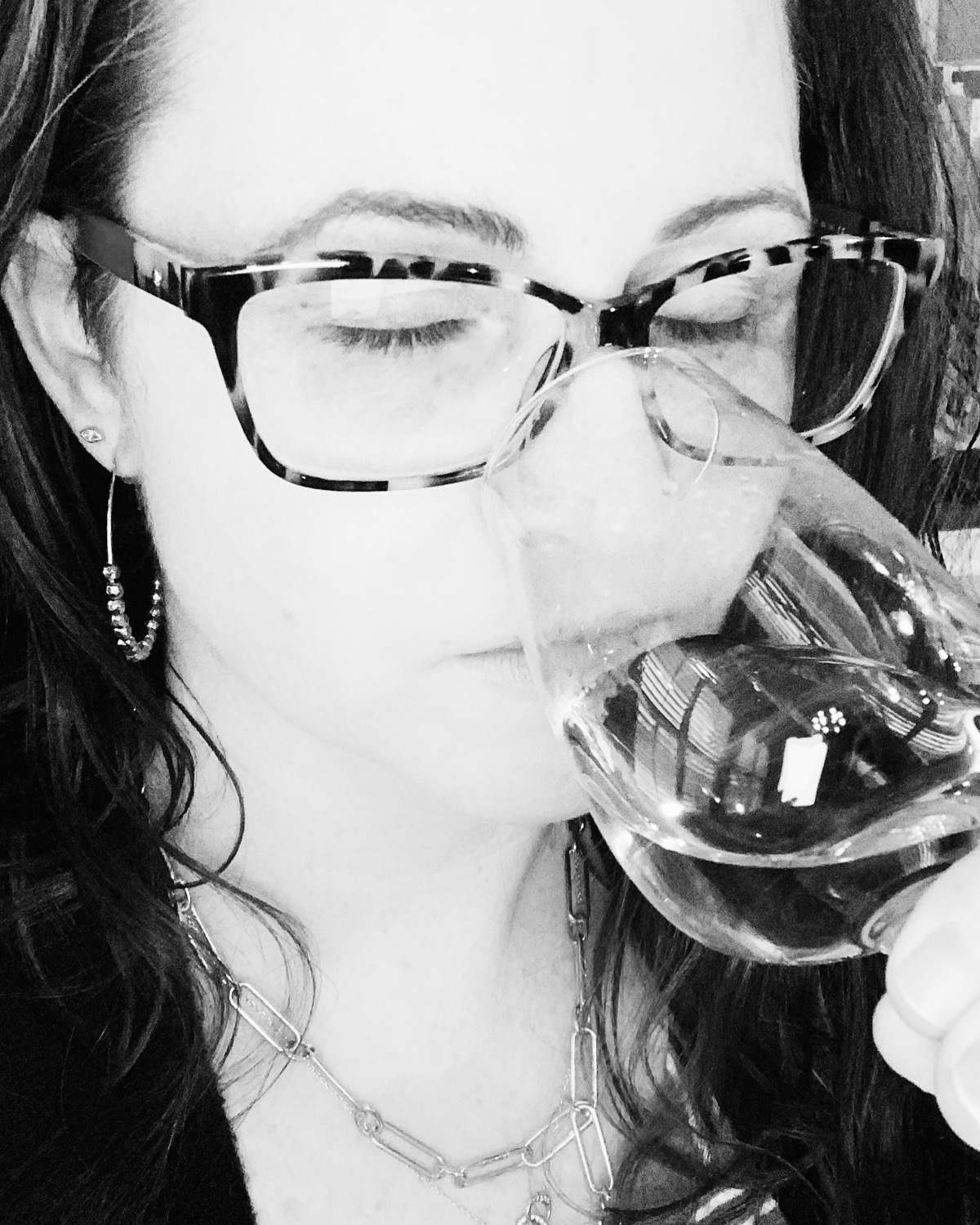
- Aug 16, 2021
- 6 min read
Updated: Nov 15, 2022
My trips back to Chicago are always filled with fun, laughter and plenty of wine. It was during one of these trips that I realized that my good friend and frequent wine drinking companion did not have a decanter, and frankly didn't know why she would need one. She was the first of many people who I have purchased decanters for and then demonstrated their purpose. The pictured wine was the one we enjoyed later that evening. I poured her a taste to drink right out of the bottle and then had her compare it to the freshly decanted wine, then again to the same wine an hour+ later. Her reaction was one of amazement. She simply could not believe the transformation of an already good wine into an outstanding one. She asked how she could have been drinking wine all of these years and not known about decanters.
I regularly reward my office staff with wine for their past and future good work. Recently they were recipients of some big, bold red wines from California which can be high alcohol with in your face acid and tannins. (For those of you who do not know what a tannin is, it is the part of a red wine that is flavored by the skins, sometimes the stems and seeds, that dry the mouth out on the cheeks and gums. Just peel the skin off of a grape and eat it by itself and you'll know, I promise.) While some people might enjoy the feeling of being whacked in the mouth with the wine bottle {SaRcAsM}, others may prefer being able to leisurely sip a wine that is soft and supple. This is where decanting comes in, it can tame a wine. Again, there was not a decanter between them and they had no idea why they would need one either. So not only did this lead to a quick Amazon prime purchase of multiple decanters but it also sparked a mini wine education session right then and there. They were asked not to drink their wine until they received their decanters the next day and then to follow the steps above to see what they thought.
Over the next weeks, I started gathering questions from friends that enjoy wine but self admittedly are not familiar with the whens and whys of decanting. I will attempt to answer their questions below, but first we need to discuss what a decanter is and how it is different from an aerator.
An aerator is a device that is used to quickly mix room air, most importantly oxygen, with the wine. Through this process the wine is able to "breathe" and "open up." Evaporation of unpleasant compounds that can sometimes smell chemical (nail polish remover etc) will be removed and the pleasant aromas will be left to be enjoyed. Aerators can range from simple to quite complex!! (see slider for examples)
A decanter on the other hand takes more time to accomplish the same task but the process can continue with a prolonged air exposure while the aerator is typically one and done. Decanters can also come in various shapes, sizes and be exceedingly ornate / complex but it all comes down to surface area and how much wine is exposed to the air (see slider). A wine that needs a prolonged decanting (e.g. Napa Cabernet, Barolo) would benefit from a "fat bottom girl" decanter in order to achieve the appropriate air contact so that it isn't necessary to wait all night to enjoy the wine. Some lighter red wines like Chianti or Merlot typically don't need as much time and can be poured into a smaller vessel. A Pinot Noir on the other hand doesn't always need to be decanted and often times does not because of it's delicate nature and low tannins, but if it were to be decanted less surface area for air contact would be necessary.
Question 1:
If I leave to the cork off the wine, will I get the same result as I would with decanting?
The short answer is yes, but it will happen slower in the bottle. There needs to be some room for oxygen exchange to happen which only takes place on the surface. Often I will drink a glass out of a bottle of high tannin red wine, recork it thus allowing slow interaction of the wine and air left in the bottle, then "finish" it the next day. The wine is typically much better.
Question 2: Can I let the wine sit in a glass to get the same result?
Yes, you can leave it in the glass and it will happen slowly if you don't drink it first.
Question 3:
Are there techniques for more rapidly opening the wine when there isn’t 30 mins to an hour or more to decant it?
Yes. A combination of aerating into a decanter or stacking aerators to do a double aeration works nicely for many wines. Another quick trick if you don't have an aerator and the wine does not have sediment in the bottle (aged wines), is to just quickly dump the bottle upside down and let it glug, glug, glug into the decanter with force. I actually put a Cabernet Franc into the blender once before a wine tasting. It was fabulous, but when I told my wine group what I had done some of them looked at me like I had just committed some heinous crime while the others commended me on my quick thinking.
Question 4:
Do you just pour the wine into the decanter, or should you swirl it around once you do?
The wine can just sit in the decanter. I sometimes take little sips to check on it to see how it is coming along. If there is a rush and the wine still seems too big then swirling may help things along.
Question 5:
Does the age of the wine dictate how long it needs to open or be decanted? If so, are there basic parameters by varietal and age?
So this is a question that books could be dedicated to. There are types of wine (aka varietals) that have characteristics that dictate the need for decanting and this guide from Wine Folly is a basic overview but not an absolute. If the wine is a quality wine and is a bit gripping when tasted right out of the bottle, then is should be decanted. Just how big that grip is will determine how long it should spend in the decanter though. As I said above, I tend to check on the progress by taking sips periodically. This is a fun experiment to really see how a complex wine can evolve throughout the day. Also, as briefly mentioned above, any really old wine should be gently decanted to get it off the sediment that is collecting in the bottom of the bottle while stopping prior to letting any sediment into the decanter.
Then there are really young wines and inexpensive wines. Typically, these are ready to drink right now as this was the intention of the winemaker. If the wine tastes awesome out of the bottle, then just drink it. If you are unsure you can pour a glass through an aerator and check the difference or pour two glasses at the same time, while drinking the first, swirl the 2nd around in the glass and let it sit for a while.
Question 6:
Does the alcohol level play a role in whether or not to decant?
The alcohol level alone is not really a big determinant of when a wine needs decanted, but many wines with high alcohol have the high acid and tannins which do well with a decant.
Question 7:
Does white wine benefit in the same way from decanting?
The vast majority of white wines are fine without a decant but some special ones need it. High quality aged Chardonnay from France and some orange wines are a couple examples. Also if a white wine is too cold (say what, can that happen?) “splash decanting" is a method to warm the wine to proper drinking temperature or remove unpleasant aromas.
Question 8:
Will decanting a wine make it flat similar to leaving a soda open?
This question deals with bubbles, and yes the carbon dioxide from a sparkling wine would evaporate leaving the wine "flat" if decanted for too long. Typically these sparkling wines are not decanted unless for the above reason.
Final thoughts:
When determining which wines should be drunk right out of the bottle versus which should be exposed to additional oxygen requires a little experience or trial and error. Above all else, remember that nothing supersedes personal preference.
Cheers and stay tuned, I have more topics coming soon!!



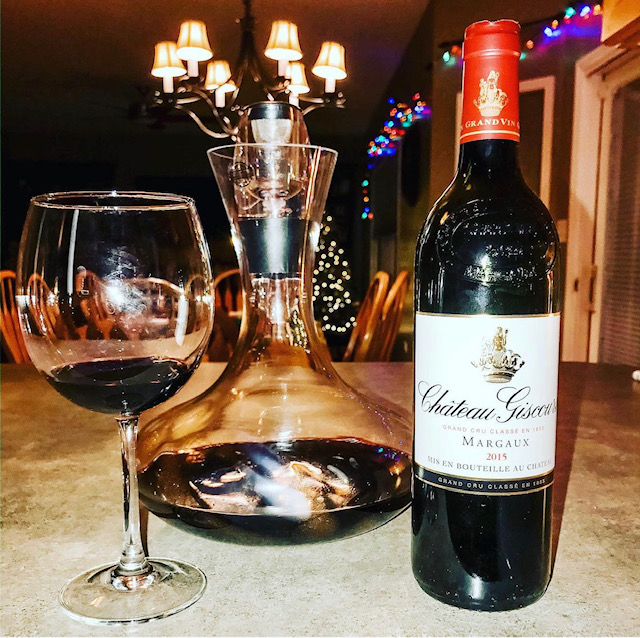







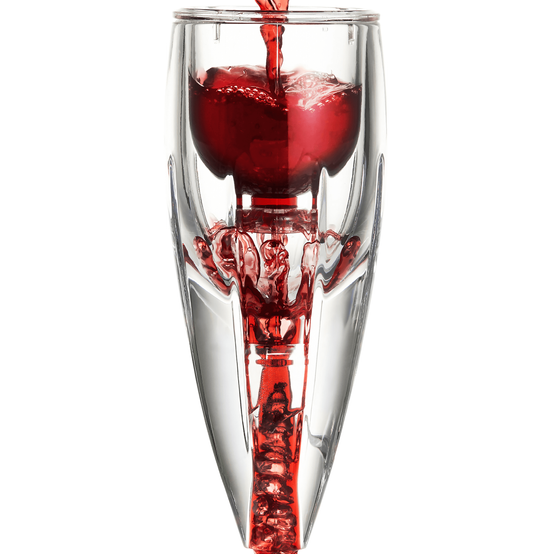



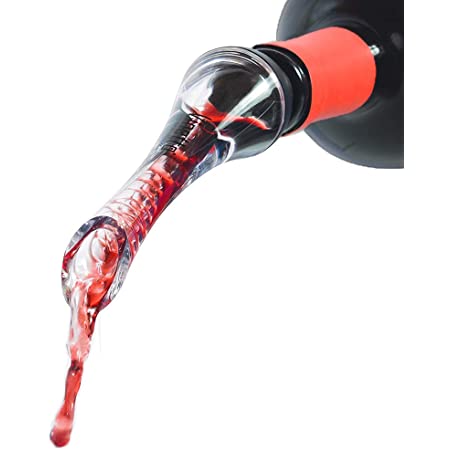

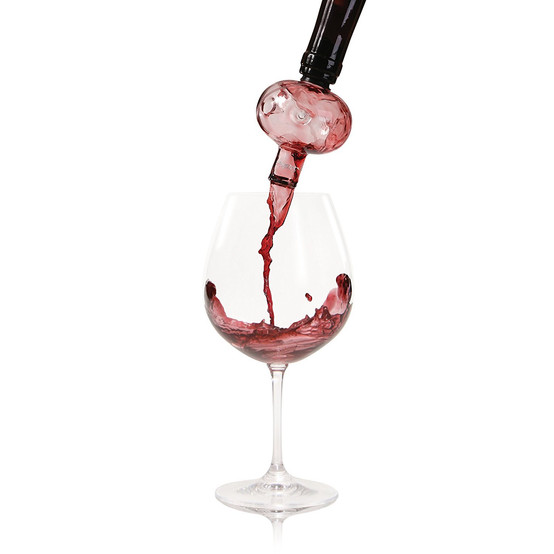



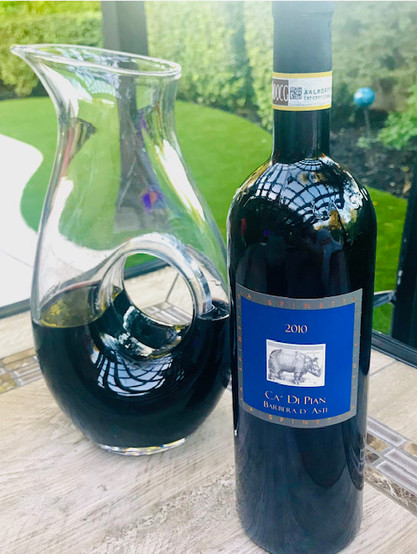


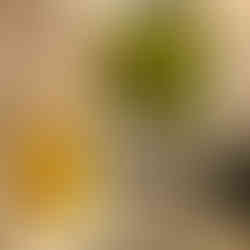


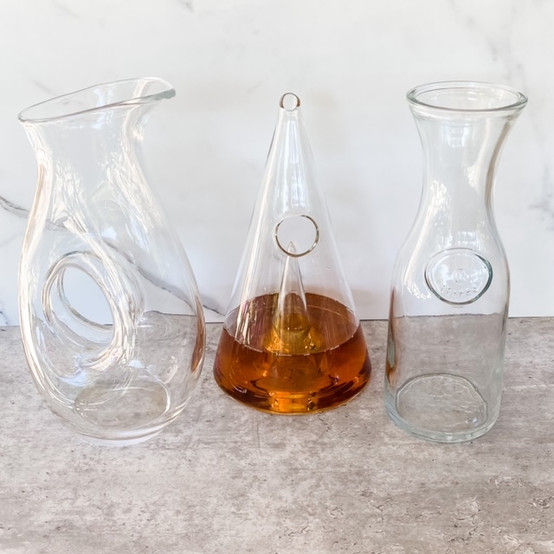


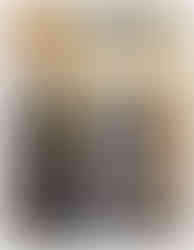









Comentários